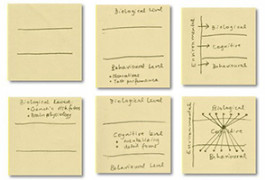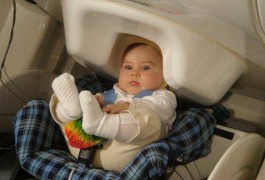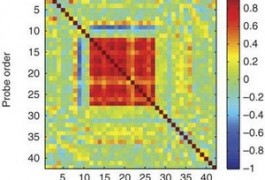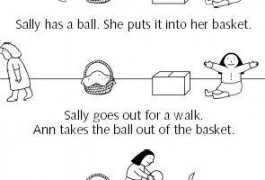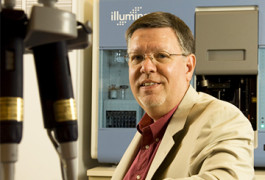Uta Frith: Why I am obsessed with this cognitive thing
No matter which of the numerous genetic and environmental risk factors has caused autism, the part of the system that is always affected is most likely to be found at the cognitive level, argues Uta Frith, a leader in the field of cognitive neuroscience.
